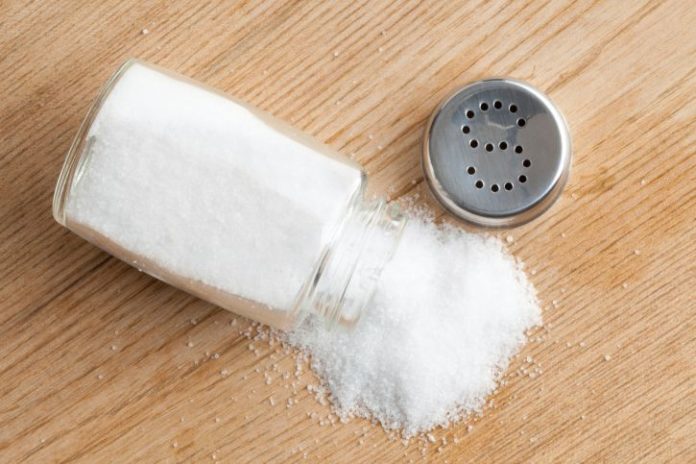Salt may be lurking as a silent contributor to the growing childhood obesity epidemic, Deakin University health researchers have found.
In a study of more than 4,200 Australian children, the researchers with Deakin’s Centre for Physical Activity and Nutrition Research have found that children who consume high amounts of salt are also likely to drink more sugary beverages, putting them at risk of unhealthy weight gain.
“The consumption of high sugar drinks is known to contribute to excess weight gain in children and adolescents,” said lead researcher Ms Carley Grimes.
“These findings suggest that children who consume a high salt diet are likely to consume more sugary drinks which increases their risk of becoming overweight or obese. Reducing salt in children’s diets may help to reduce the amount of sugary drinks they consume and therefore help with efforts to reduce the high rates of overweight and obesity.”
For the study the researchers analysed data from the 2007 Australian National Children’s Nutrition and Physical Activity Survey. The survey collected diet and physical activity information from 4283 children aged 2 to 16 years. The Deakin researchers looked at the children’s consumption of dietary salt, fluids and sugar sweetened drinks.
They found 62 per cent reported consuming sugar sweetened drinks. In this group, children who consumed more salt consumed more fluid and in particular more sugar-sweetened drinks. The children who consumed more than one sugary drink per day were 34 per cent more likely to be overweight or obese.
The researchers also found that for every one gram of salt consumed per day, the children drank 46 grams more fluid, with those who reported consuming sugar sweetened drinks drinking 17 grams more for every one gram of salt.
Previous Deakin research has shown that children are eating around six grams of salt a day or four times more than is recommended.
Ms Grimes said that together with the results of this new study, it is becoming even more clear that there is a need to keep a closer eye on how much salt our children eat to help ensure they lead long and healthy lives.
“High salt diets not only put children at risk of serious long-term health problems, such as developing high blood pressure later in life which is a major cause of stroke and heart disease, they are likely to be contributing to the rates of overweight and obesity,” she said.
Source: Deakin University Australia











